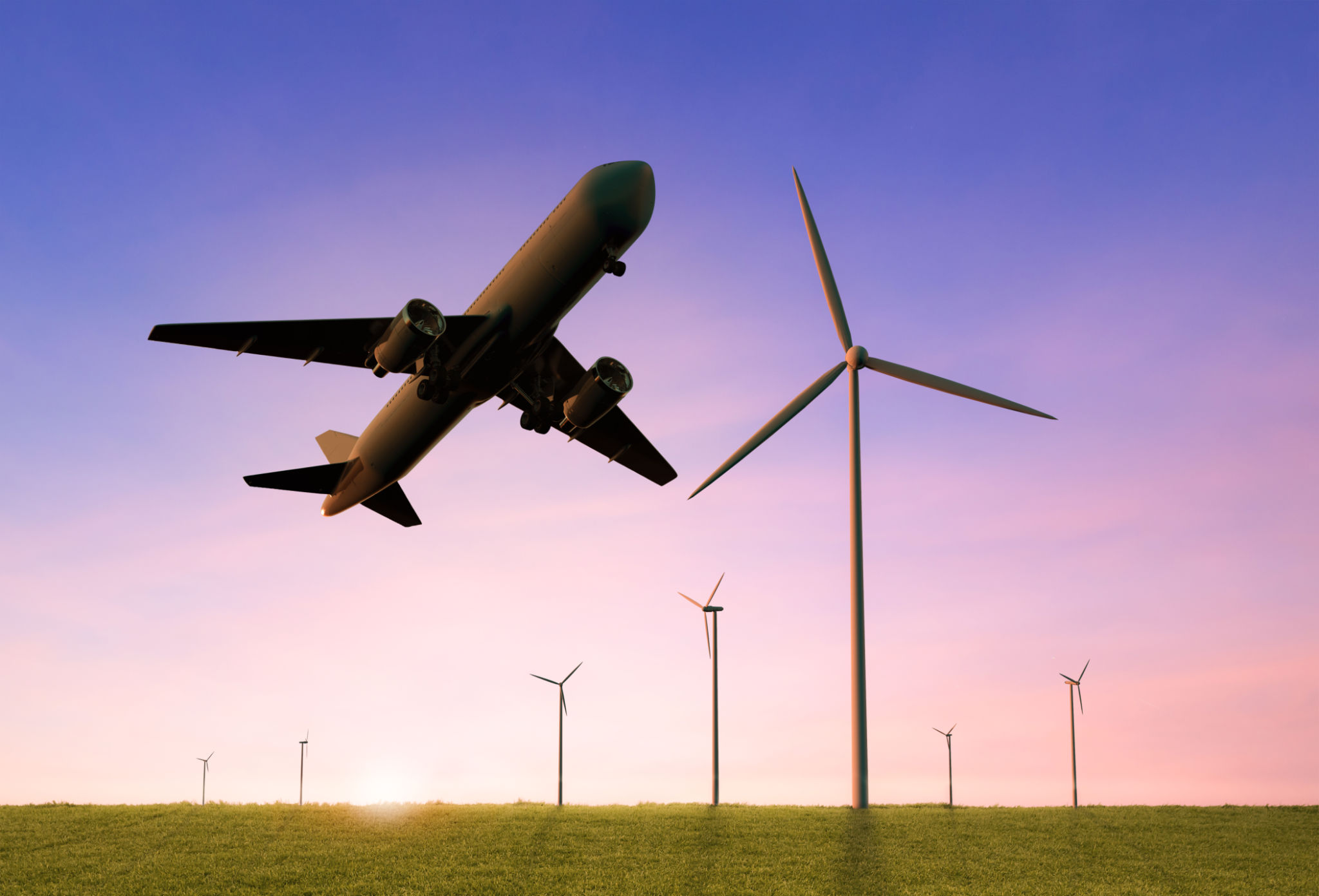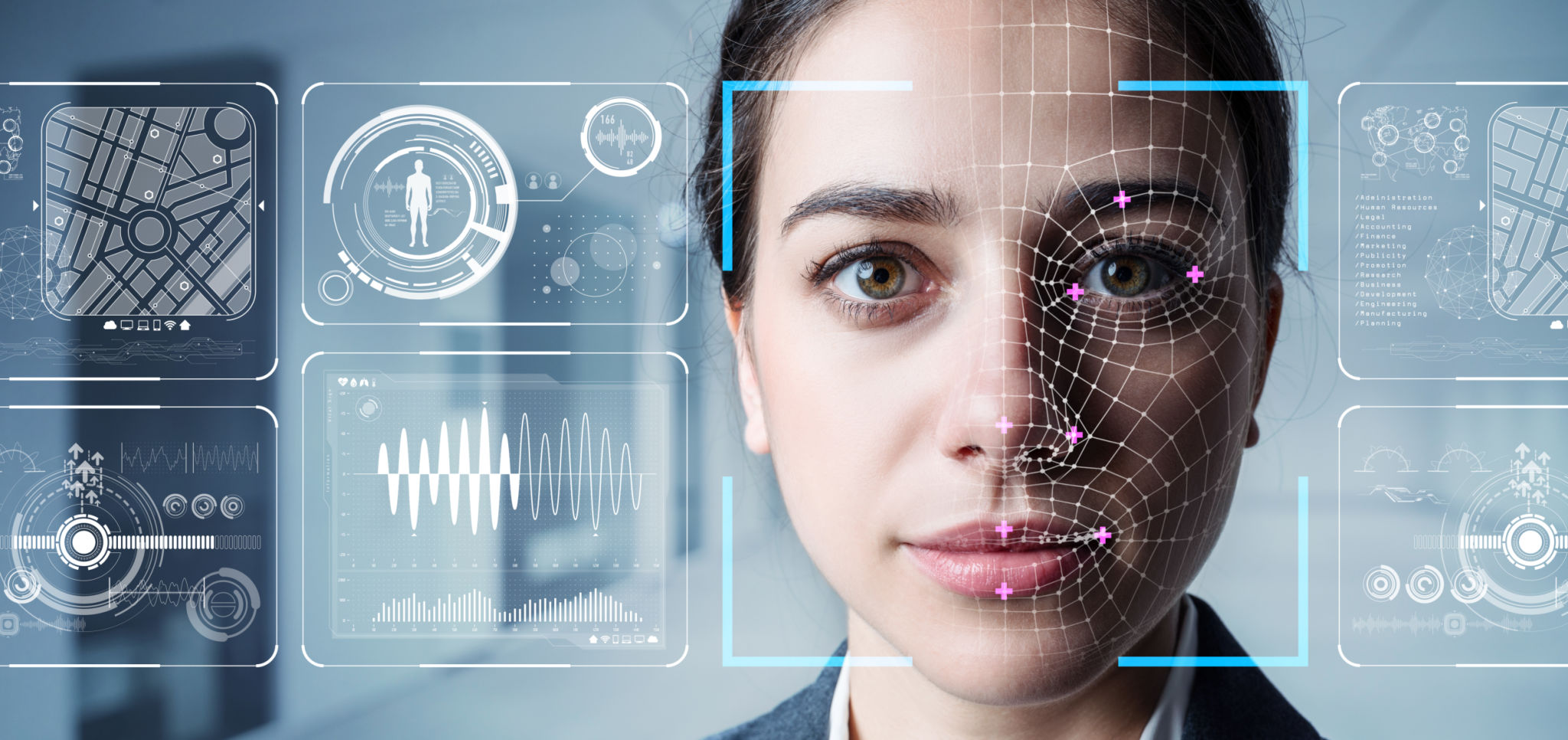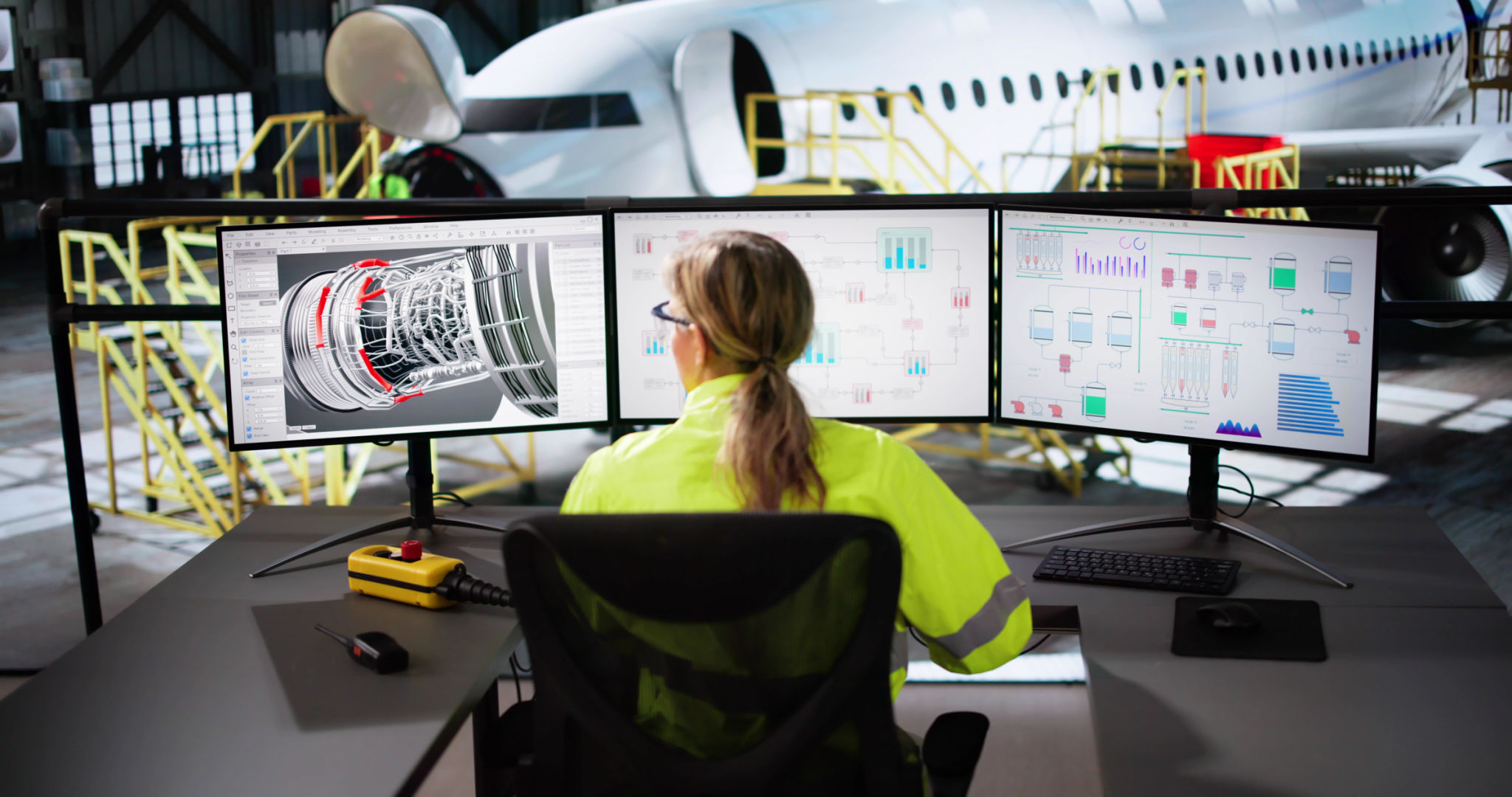Expert Insights: The Future of Aviation Technology
Revolutionizing Flight with Advanced Technologies
The aviation industry is on the brink of a technological revolution, promising to redefine how we perceive air travel. From fuel efficiency to enhanced passenger experiences, the future of aviation technology is set to soar to new heights. Industry experts are focused on harnessing innovative solutions to address current challenges and meet the growing demand for sustainable and efficient air travel.
One of the key areas of focus is the development of more environmentally friendly aircraft. Hybrid-electric propulsion systems are being explored as a way to reduce carbon emissions significantly. These systems aim to combine electric power with traditional jet fuel, offering a cleaner alternative that could transform the industry.

Smart Airports and Seamless Travel
As technology advances, airports are evolving into smart hubs that streamline the passenger journey. Biometric boarding processes and automated check-ins are just the beginning. The integration of artificial intelligence into airport operations is expected to enhance efficiency and improve security measures.
Experts predict that the future airport experience will be largely contactless, with AI-driven solutions managing everything from baggage handling to real-time flight updates. This shift not only promises to reduce wait times but also enhances overall passenger satisfaction.

Autonomous Flight: The Next Frontier
Autonomous flight technology is another exciting development in the aviation sector. While fully autonomous commercial flights may still be some years away, advancements in this field are progressing rapidly. Unmanned aerial vehicles (UAVs) are already being utilized for various purposes, including cargo transport and emergency services.
The potential for autonomous passenger flights is vast. By reducing human error and optimizing flight paths, these technologies could increase safety and efficiency in air travel. However, regulatory challenges and public perception still pose significant hurdles that need to be addressed.

In-Flight Connectivity and Passenger Experience
Passenger expectations have evolved, with a growing demand for seamless connectivity during flights. In-flight Wi-Fi and entertainment systems are becoming standard offerings, but the future promises even more personalized experiences. Airlines are investing in technologies that allow passengers to customize their journey, from selecting in-flight meals to adjusting cabin conditions.
Moreover, advancements in virtual reality (VR) and augmented reality (AR) could soon provide passengers with immersive experiences that transform their time in the air. Whether it’s virtual tours of destinations or interactive gaming, the skies are truly the limit.
Challenges and Opportunities Ahead
While the prospects are exciting, the aviation industry faces considerable challenges in implementing these technologies. Regulatory frameworks need to adapt swiftly to accommodate new innovations while ensuring safety standards are maintained. Furthermore, significant investments in infrastructure and research are essential to turn these futuristic concepts into reality.
The aviation sector stands at a crossroads, with an opportunity to lead the charge toward a more sustainable and technologically advanced future. Collaborative efforts between governments, industry players, and researchers will be crucial in overcoming obstacles and realizing the full potential of these innovations.

In conclusion, the future of aviation technology holds immense promise. As we look ahead, it is clear that the industry is poised for transformative changes that will not only enhance operational efficiencies but also enrich the passenger experience. By embracing these technological advancements, the aviation sector can truly take flight into a new era of innovation and sustainability.
